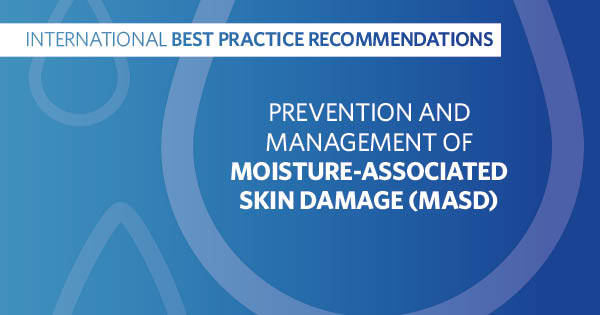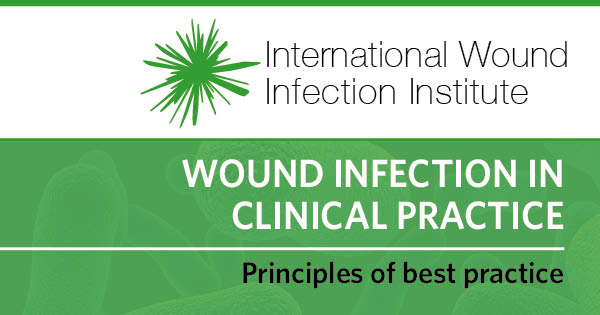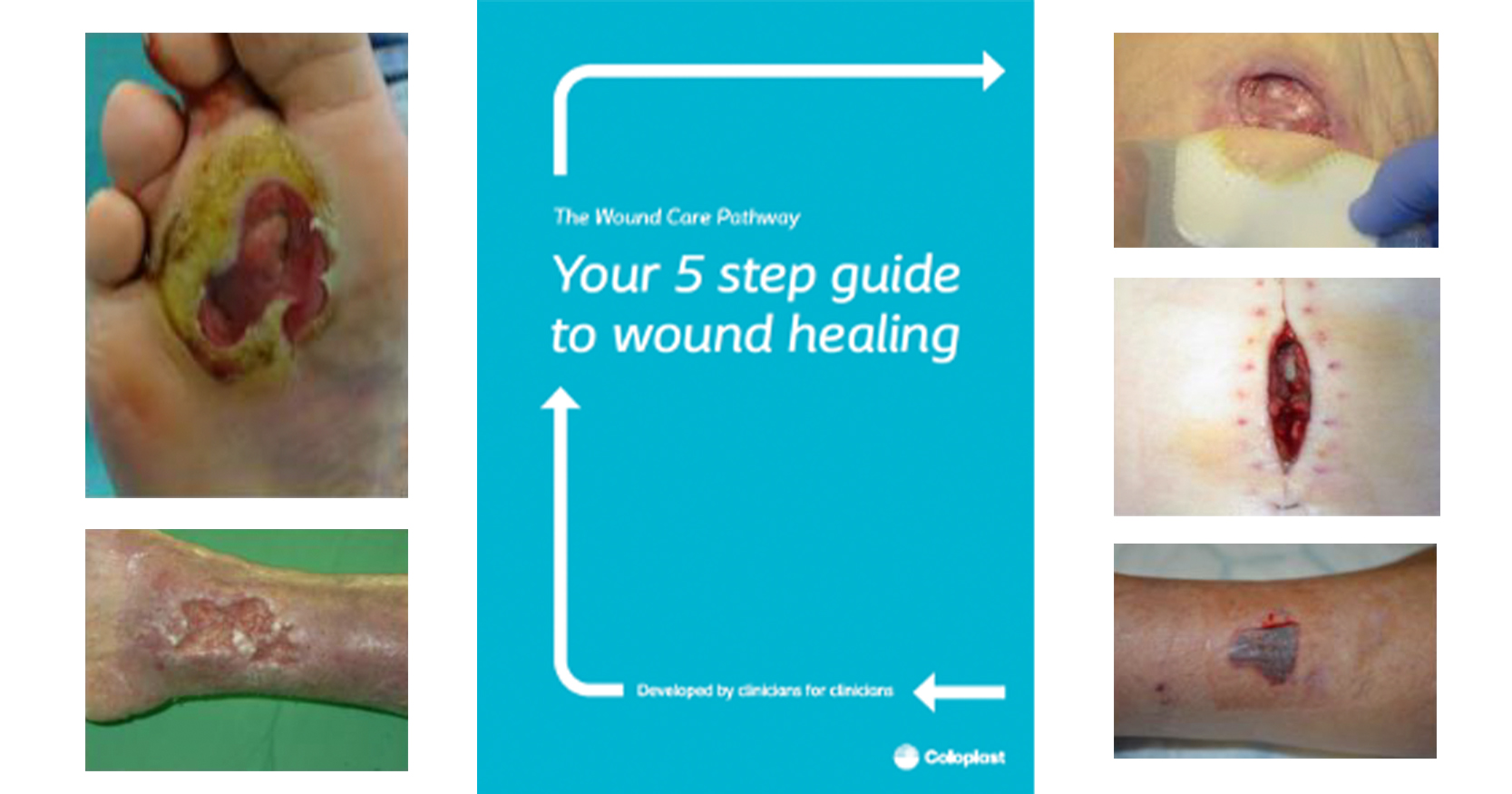Moisture-associated skin damage (MASD) represents a significant problem and can have a negative effect on patient wellbeing and quality of life.
A group of international experts met online via Zoom in June 2020 to discuss the key issues and knowledge gaps in MASD, and to formulate Best Practice Statements to guide the prevention and management of MASD.
For the purposes of this document, the wider term of MASD has been subdivided into key areas, with specific Best Practice Statements around prevention and management for each area.
These are:
- Incontinence-associated dermatitis (IAD)
- Peristomal dermatitis
- Intertriginous dermatitis (intertrigo)
- Periwound maceration.
During the meeting, we agreed to keep the umbrella term ‘MASD’, in order not to overload busy clinicians with differing terminology. However, it is important to note that ‘moisture’ is not the only relevant factor in these areas of skin damage, as explained in the document. This type of skin damage is now included under ICD-11 coding (WHO, 2020) as ‘irritant contact dermatitis due to friction, sweating or contact with body fluids’.
The aim of this document is to provide clinicians with guidance for best practice in these areas of MASD, thereby contributing to improving patient outcomes and reducing the incidence of these and related skin conditions, through skin-focused prevention and management plans.







